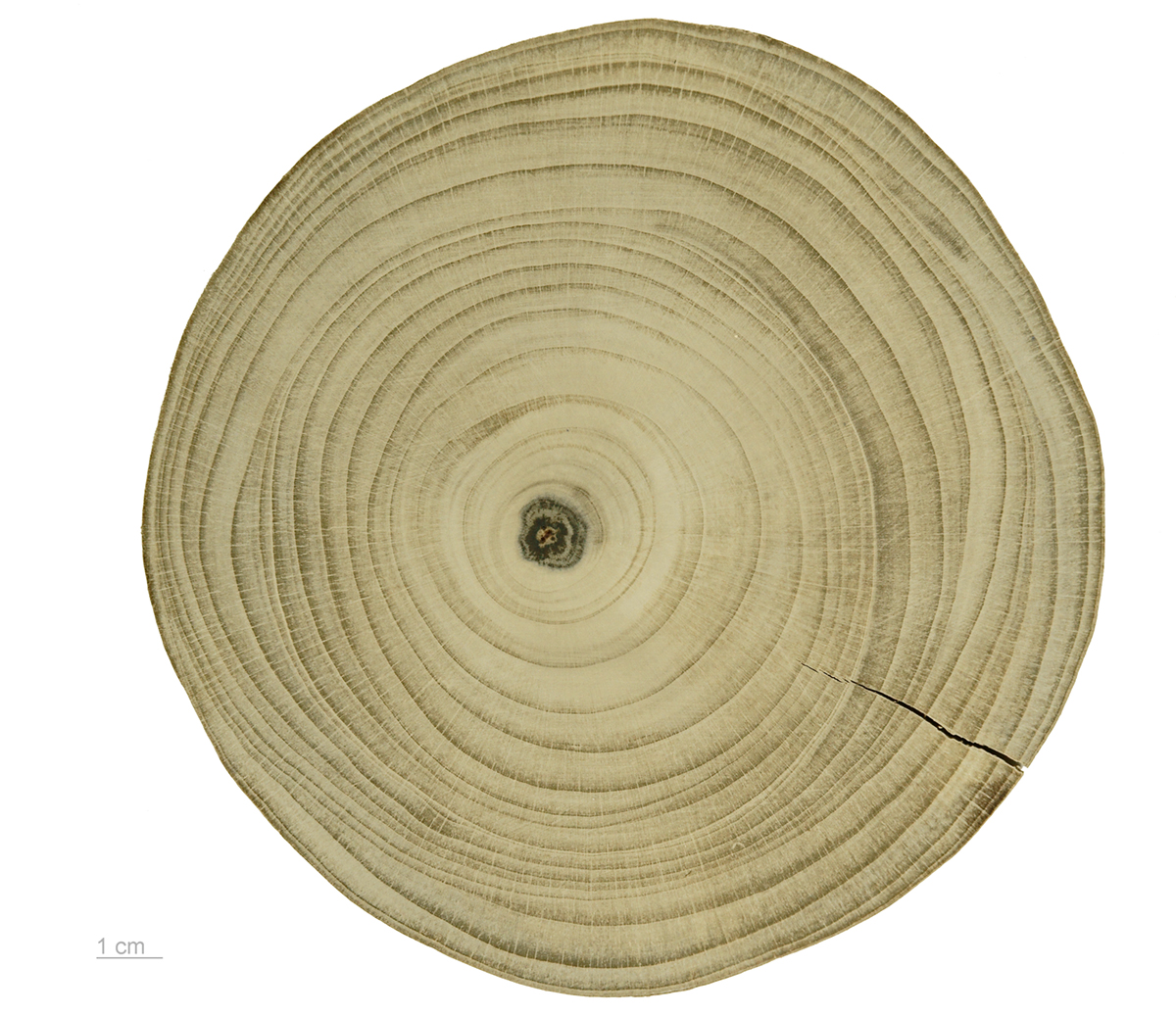
Introduction
A certain number of clinical trials has shown that the herbknown by the name of ginkgo biloba may be very effective when it comes to thetreatment of the medical condition known as tinnitus.
Methods
All the randomized controlled trials of gingko biloba fortinnitus were identified using the computerized literature searches. Differentdatabase used in the research also included Embase, Medline and the CochraneLibrary. The keywords used in the search included hearing disorders, tinnitus,gingko, gingko biloba and ginkgo. All the different manufacturers of variousgingko biloba preparations were also asked to contribute their unpublished andpublished material concerning the subject. Language of various publications wasnot considered as a restriction. All trials were performed on patients whosuffer from tinnitus. The patients treated with gingko biloba were thencompared with those who were treated with an active medication or a placebo.Those whose primary complaint was not tinnitus were also rejected.
Results
Meyer headed a team which dealt with two parallel groups of103 and 17 tinnitus patients. Those who suffered from any acute diseases andthose who had surgery or infections were not included in the study. The patientswere treated either with gingko biloba or a placebo. The severity score of thesymptoms of the tinnitus was used for the evaluation of the therapeuticsuccess. Those who were treated with gingko biloba experienced significantimprovement. Another study by the same author which included 259 patientssuffering from tinnitus has also shown that all patients treated with gingkobiloba soon experienced significant improvement, which was not the case withthe others who were treated with nicergoline or almitrine-raubasine. Holgerfrom Sweden performed a slightly different study which is characterized bycertain unusal features. The end result of the study is that the number of patientswho prefer the gingko biloba treatment over the treatment with placebo isexactly the same as the number of patients who prefer the placebo treatmentover the treatment with gingko biloba.
Morgenstern and Bierman included 99 patients in their study,and all of them suffered from chronic tinnitus. The primary endpoint of thestudy was to determine the loudness of the tinnitus in an audiometrical manner.The loudness was always reduced in the patients who were treated with thegingko biloba medications. Juretzek also conducted a study which involvedpatients who suffer from chronic tinnitus. The study has shown that the averageloudness reduction is somewhere around 8.5 dB.




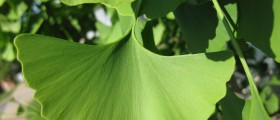
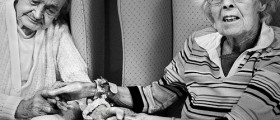



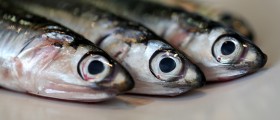


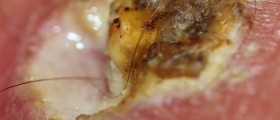
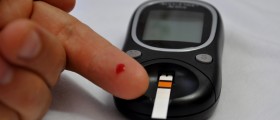



Your thoughts on this
Loading...